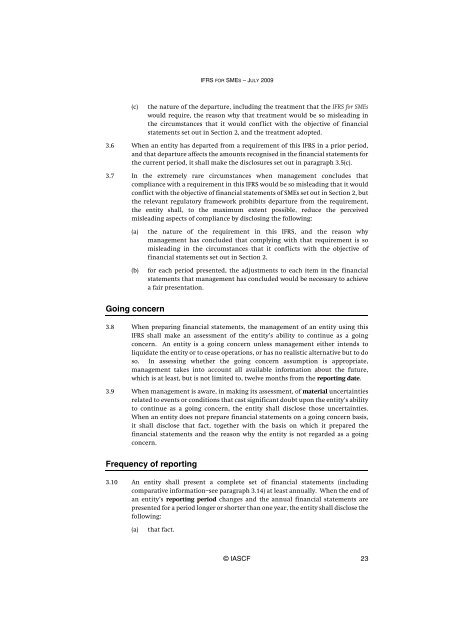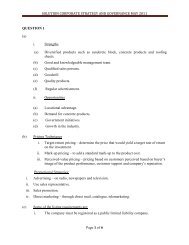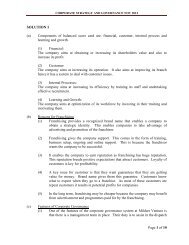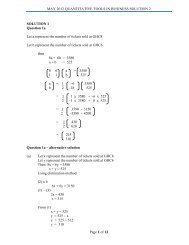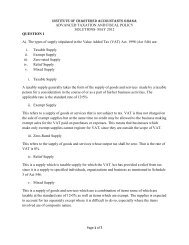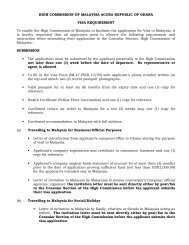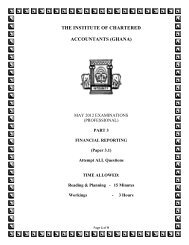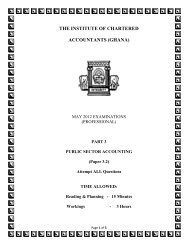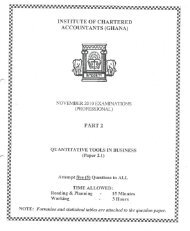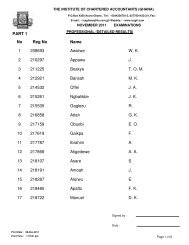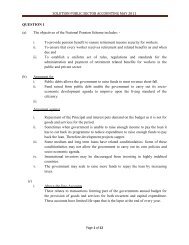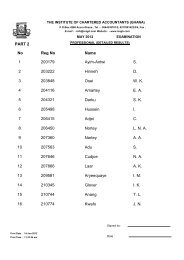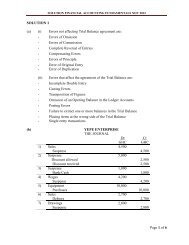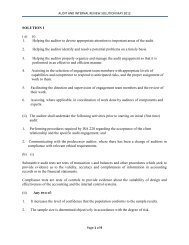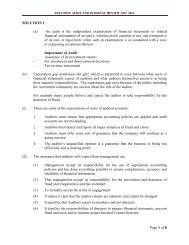(IFRS) for Small and Medium-sized Entities (SMEs)
(IFRS) for Small and Medium-sized Entities (SMEs)
(IFRS) for Small and Medium-sized Entities (SMEs)
You also want an ePaper? Increase the reach of your titles
YUMPU automatically turns print PDFs into web optimized ePapers that Google loves.
<strong>IFRS</strong> FOR SMES – JULY 2009(c)the nature of the departure, including the treatment that the <strong>IFRS</strong> <strong>for</strong> <strong>SMEs</strong>would require, the reason why that treatment would be so misleading inthe circumstances that it would conflict with the objective of financialstatements set out in Section 2, <strong>and</strong> the treatment adopted.3.6 When an entity has departed from a requirement of this <strong>IFRS</strong> in a prior period,<strong>and</strong> that departure affects the amounts recognised in the financial statements <strong>for</strong>the current period, it shall make the disclosures set out in paragraph 3.5(c).3.7 In the extremely rare circumstances when management concludes thatcompliance with a requirement in this <strong>IFRS</strong> would be so misleading that it wouldconflict with the objective of financial statements of <strong>SMEs</strong> set out in Section 2, butthe relevant regulatory framework prohibits departure from the requirement,the entity shall, to the maximum extent possible, reduce the perceivedmisleading aspects of compliance by disclosing the following:(a)(b)the nature of the requirement in this <strong>IFRS</strong>, <strong>and</strong> the reason whymanagement has concluded that complying with that requirement is somisleading in the circumstances that it conflicts with the objective offinancial statements set out in Section 2.<strong>for</strong> each period presented, the adjustments to each item in the financialstatements that management has concluded would be necessary to achievea fair presentation.Going concern3.8 When preparing financial statements, the management of an entity using this<strong>IFRS</strong> shall make an assessment of the entity’s ability to continue as a goingconcern. An entity is a going concern unless management either intends toliquidate the entity or to cease operations, or has no realistic alternative but to doso. In assessing whether the going concern assumption is appropriate,management takes into account all available in<strong>for</strong>mation about the future,which is at least, but is not limited to, twelve months from the reporting date.3.9 When management is aware, in making its assessment, of material uncertaintiesrelated to events or conditions that cast significant doubt upon the entity’s abilityto continue as a going concern, the entity shall disclose those uncertainties.When an entity does not prepare financial statements on a going concern basis,it shall disclose that fact, together with the basis on which it prepared thefinancial statements <strong>and</strong> the reason why the entity is not regarded as a goingconcern.Frequency of reporting3.10 An entity shall present a complete set of financial statements (includingcomparative in<strong>for</strong>mation–see paragraph 3.14) at least annually. When the end ofan entity’s reporting period changes <strong>and</strong> the annual financial statements arepresented <strong>for</strong> a period longer or shorter than one year, the entity shall disclose thefollowing:(a)that fact.© IASCF 23


